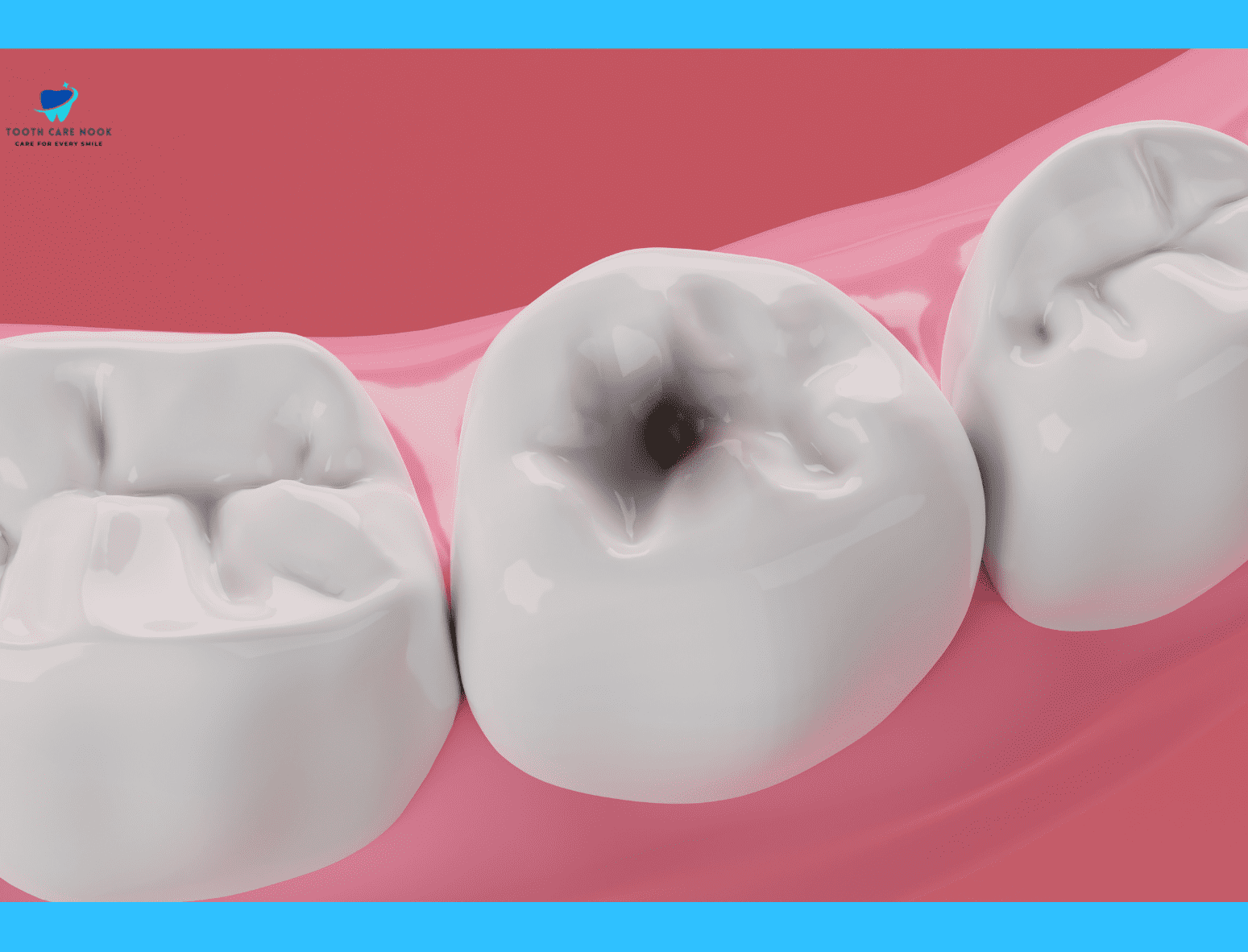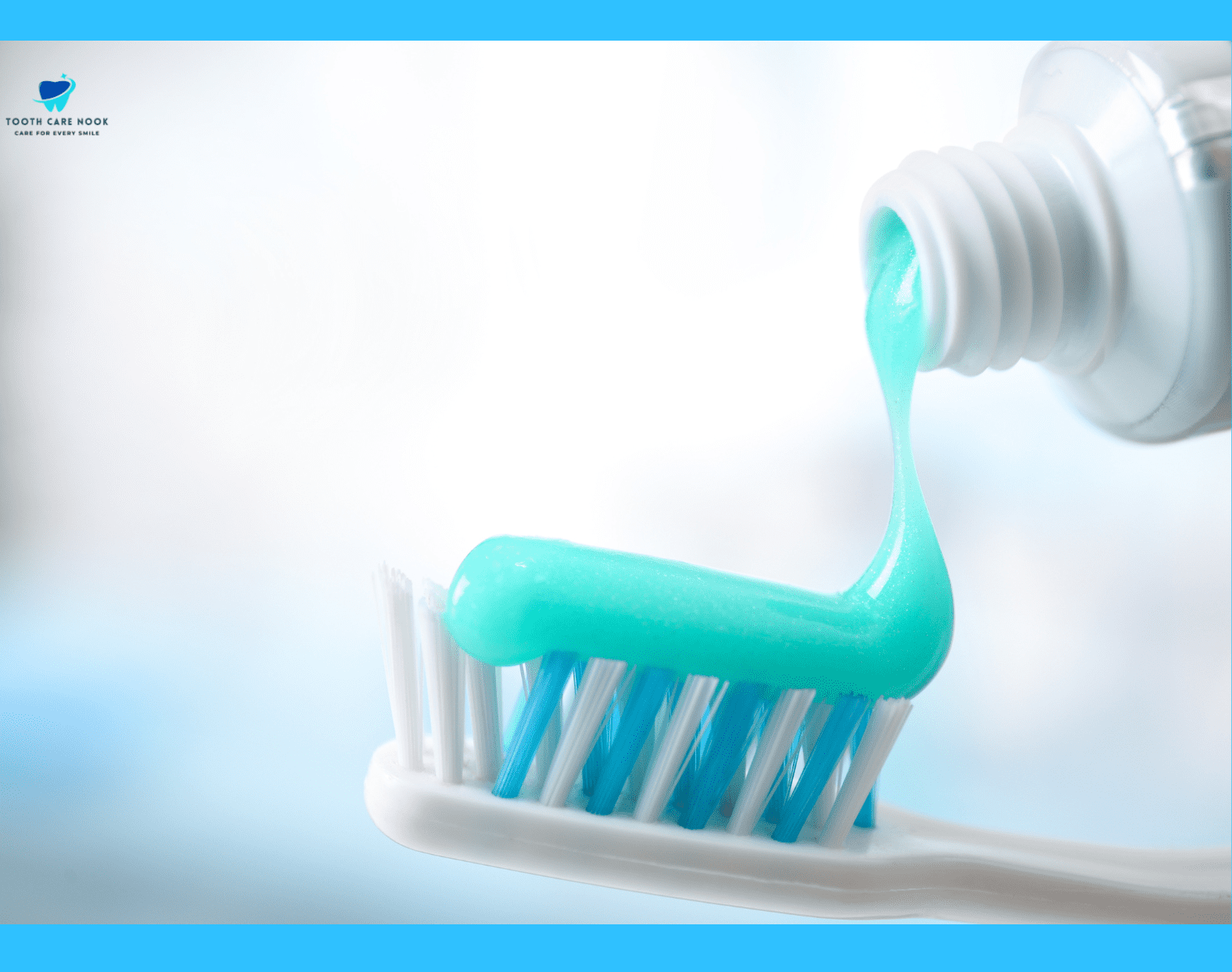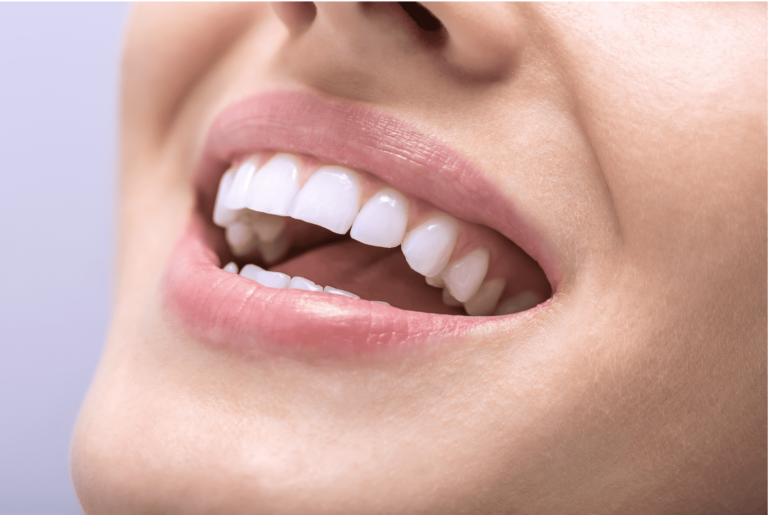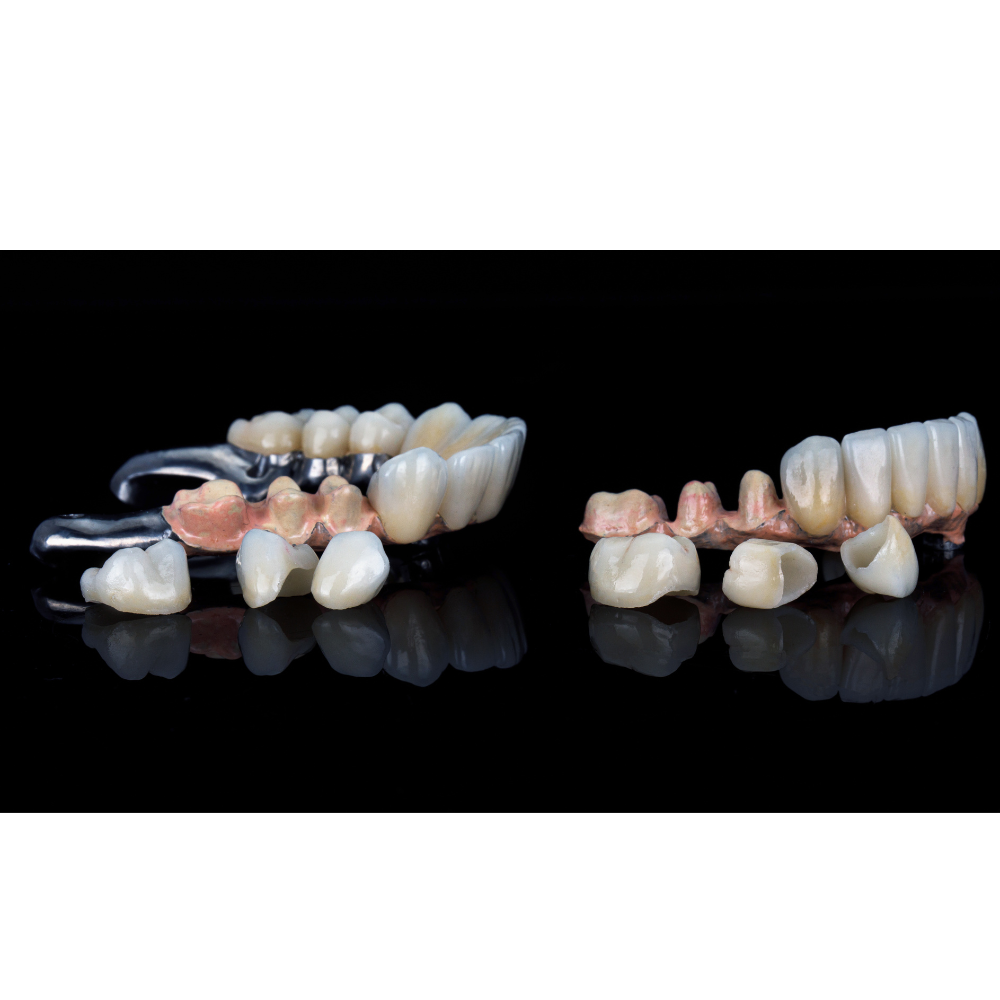Does Fluoride Whiten Teeth? – Here’s Experts Take
Fluoride is known primarily for preventing tooth decay and strengthening enamel. It works by helping to remineralize enamel, making teeth more resistant to acid attacks from bacteria in the mouth. However, fluoride’s role is less clear when it comes to whitening teeth.
You may try different methods and products specifically designed to whiten teeth, but knowing the exact function of fluoride is very important.
How Does Fluoride Work?
Fluoride enhances the strength and durability of tooth enamel, the outer protective layer of your teeth. When you use fluoride-containing products like toothpaste or mouthwash, the fluoride helps to remineralize areas where the enamel has been weakened by acids from bacteria in the mouth.
This remineralization process makes the enamel more resistant to future acid attacks, thereby preventing cavities and decay. Also, fluoride disrupts the activity of bacteria in dental plaque, reducing their ability to produce acid that can harm teeth.
Does Fluoride Whiten Teeth?
Fluoride’s primary function is to prevent tooth decay and strengthen enamel, not to whiten teeth. While fluoride helps maintain the health and integrity of your teeth, it does not have bleaching properties. Whitening teeth involves removing or lightening stains on the surface or within the tooth, processes that are generally achieved with bleaching agents.
Some fluoride-containing products might contribute to a cleaner appearance by preventing the buildup of stains and plaque, but fluoride itself does not actively whiten teeth. For effective teeth whitening, specific whitening products or treatments are required.
Benefits Of Fluoride For Oral Health
Prevents Tooth Decay:
Fluoride helps to strengthen tooth enamel, making it more resistant to acids that cause cavities.
Reverses Early Decay:
It can help reverse the early stages of tooth decay by remineralizing weakened enamel.
Reduces Plaque:
Fluoride reduces the ability of bacteria in plaque to produce acids that damage teeth.
Strengthens Enamel:
It makes tooth enamel more resistant to decay, enhancing overall oral health.
Cost-Effective:
Using fluoride in drinking water or dental products is a cost-effective way to prevent dental issues.

Common Misconceptions About Fluoride
Fluoride Causes Fluorosis:
Only excessive fluoride during tooth development can cause dental fluorosis; appropriate use is safe and beneficial.
Fluoride is Harmful:
Fluoride is safe in recommended amounts and is widely endorsed by dental professionals and health organizations.
Fluoride is Just for Kids:
Fluoride benefits people of all ages by preventing tooth decay and strengthening enamel.
Fluoride is Unnatural:
Fluoride is a naturally occurring mineral found in water, soil, and various foods, and its addition to water is carefully regulated.
Fluoride Alternatives Are Better:
Fluoride is proven to be effective at preventing decay and is recommended by dental experts; alternatives lack the same level of scientific support.
Is Fluoride Good For Teeth?
Yes, fluoride is good for teeth. Because of the following reasons:
Strengthens Enamel:
Fluoride helps to harden and strengthen tooth enamel, making it more resistant to decay.
Prevents Cavities:
It reduces the risk of cavities by making teeth more resistant to the acids produced by bacteria in the mouth.
Remineralizes Teeth:
Fluoride can reverse the early stages of tooth decay by promoting the remineralization of weakened enamel.
Widely Endorsed:
Dental and health organizations, including the American Dental Association and the Centers for Disease Control and Prevention, recommend fluoride for maintaining oral health.

FAQs
Does High Fluoride Whiten Teeth?
No, high fluoride levels do not whiten teeth. Fluoride is not a whitening agent; it strengthens and protects teeth but does not change their color.
What Color Does Fluoride Turn Teeth?
Fluoride does not turn teeth any color. Inappropriate use of fluoride during tooth development can lead to dental fluorosis which may cause white spots or streaks on teeth, but fluoride itself does not color teeth.
Does Fluoride Darken Lips?
No, fluoride does not darken lips. It is applied to teeth and does not affect the color of lips.
How Fast Does Fluoride Work On Teeth?
Fluoride starts working immediately to strengthen enamel and reduce decay, but it takes time to see noticeable improvements in the strength and resistance of teeth.
Are Yellow Teeth Healthy?
Yellow teeth are not necessarily a sign of poor health but can indicate staining, poor hygiene, or other dental issues. Maintaining good oral hygiene and consulting a dentist can help determine the cause and address any concerns.



